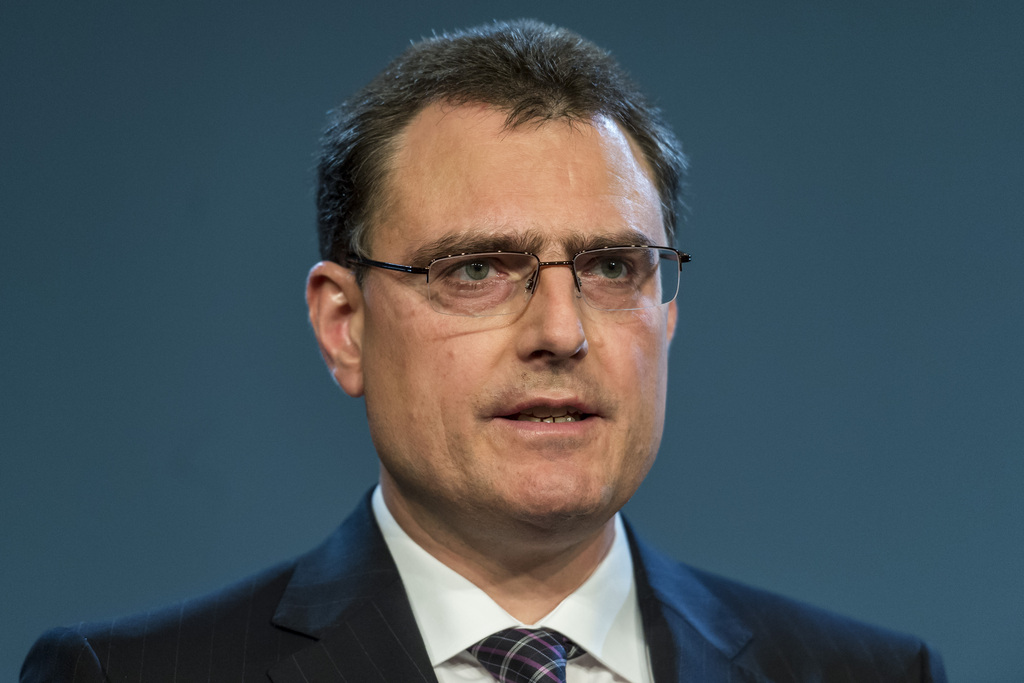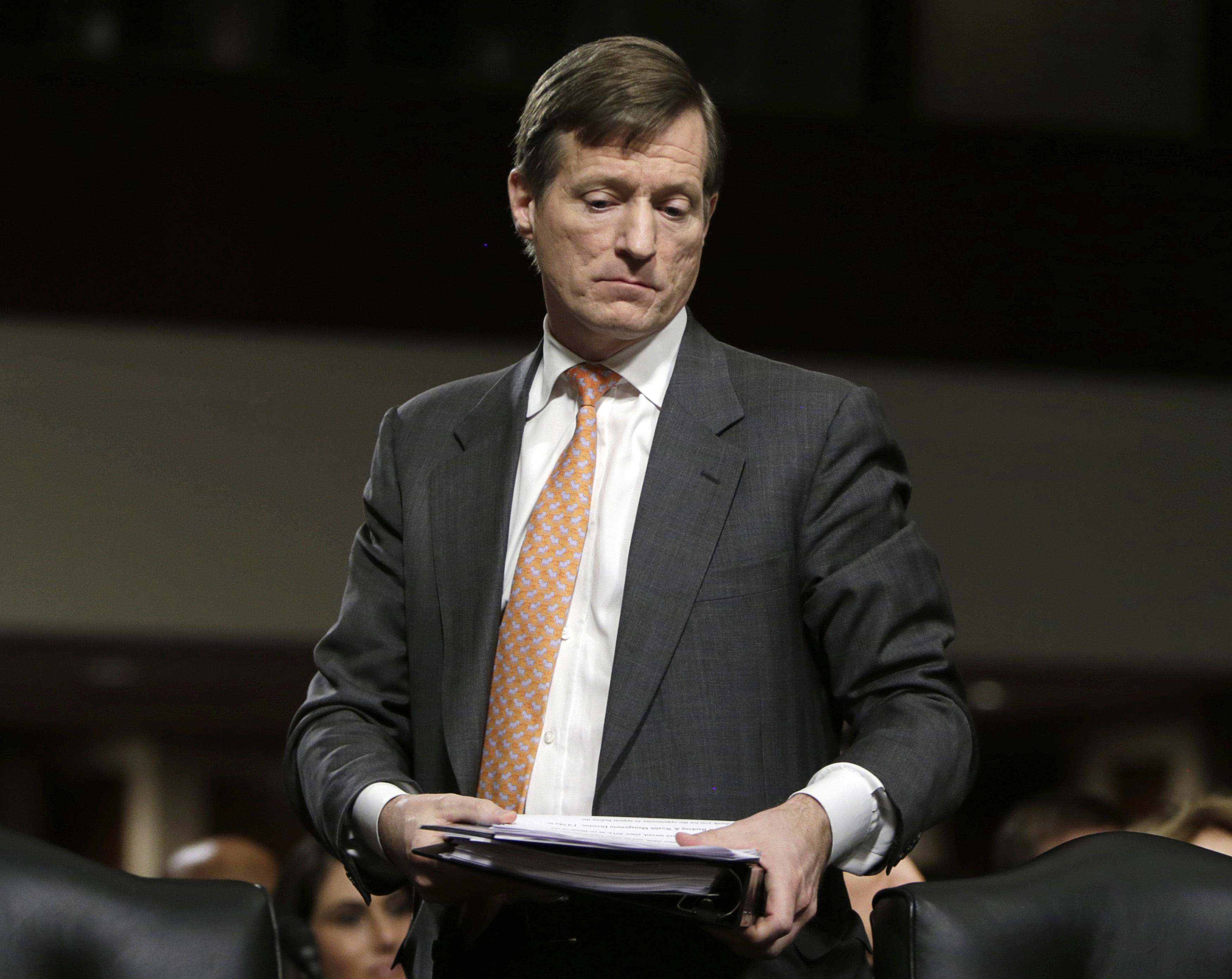SNB sticks to franc’s exchange rate with euro

The Swiss National Bank (SNB) has said it will stick to the Swiss franc’s exchange rate with the euro. With interest rates close to zero, the SNB defended the cap as being the right tool to counter any upward pressure on its currency.
The SNB said on Thursday it would maintain its minimum exchange rate at CHF1.20 ($1.34) per euro. It is also leaving unchanged its target range for the benchmark interest rate, the three-month Libor, at 0.00% to 0.25%.
The Swiss central bank, which fixed the floor for the franc-euro exchange rate in September 2011, indicated in April that it was bracing itself for another round of foreign currency stockpiling to keep the franc in check.
The European Central Bank (ECB) on June 5 cut its benchmark interest rate to 0.15% from 0.25% and introduced negative interest rates to stimulate the economy in the European Union. The exchange rate between the euro and the Swiss franc has been hovering at around CHF1.22 for several weeks and didn’t wobble much following the ECB’s decision.
“The Swiss franc is still high. We will therefore continue to enforce the minimum exchange rate with the utmost determination,” SNB President Thomas Jordan said at a press conference on the bank’s monetary policy.
“If necessary, we are prepared to buy foreign currency in unlimited quantities for this purpose. And, if required, we are also willing to take further measures.”
Ensuring stability
The SNB has also said it had increased its inflation forecast for the current year to 0.1% as inflation in May was “slightly” higher than expected. At the same time it lowered its inflation estimates to 0.3% for 2015 and to 0.9% for 2016. Jordan saw “no signs of any inflation risks in Switzerland in the foreseeable future”.
Nevertheless, Jordan pointed out that the environment remained “extremely challenging” overall, both for the Swiss economy and monetary policy. The SNB reiterated that it would take all action necessary to ensure price stability, while taking due account of economic developments.
The Swiss economy is export-oriented and is therefore “strongly affected” by global developments, especially those in neighbouring countries, Jordan said. He expected the Swiss economy to benefit from the ECB’s measures to support economic development in the euro area in the medium term.
In addition to price stability, the SNB is also concerned about financial stability and legal risks. Vice-president Jean-Pierre Danthine urged the banks Credit Suisse and UBS to exercise caution and improve their leverage ratios – the capital they hold as a share of total assets – because he is concerned about the substantial loss potential relative to their capitalisation.
In May Credit Suisse agreed to pay $2.8 billion to settle legal cases in the US over helping Americans evade taxes.

In compliance with the JTI standards
More: SWI swissinfo.ch certified by the Journalism Trust Initiative











You can find an overview of ongoing debates with our journalists here . Please join us!
If you want to start a conversation about a topic raised in this article or want to report factual errors, email us at english@swissinfo.ch.